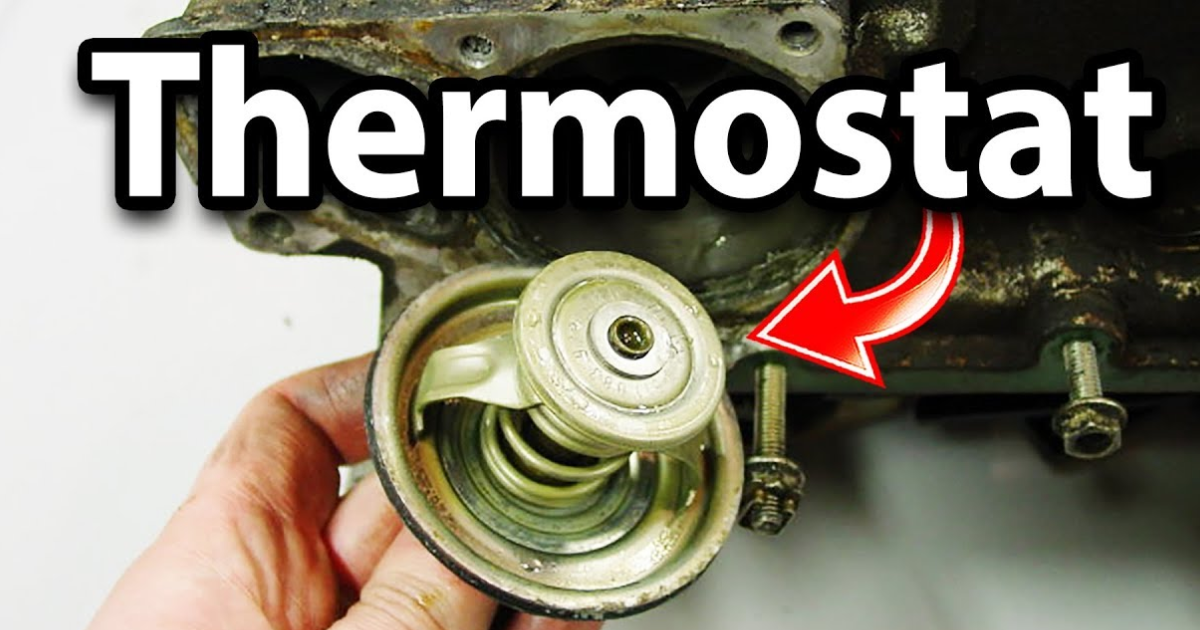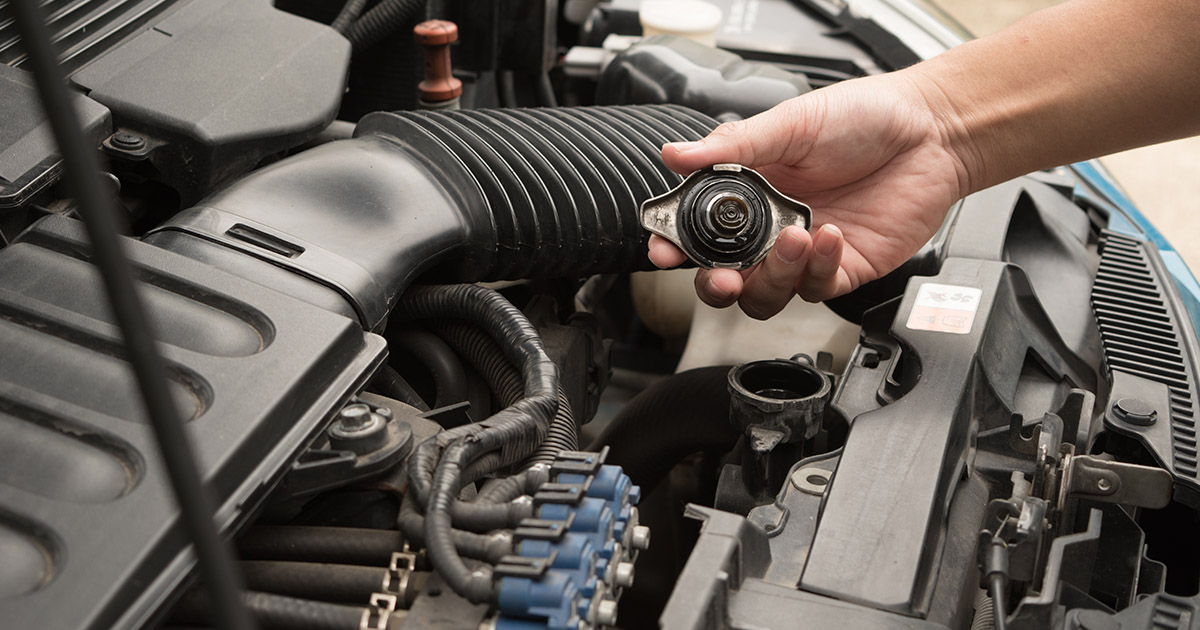Dubai’s extreme heat and heavy traffic conditions put immense pressure on vehicles, leading to frequent overheating issues. Overheating can cause severe engine damage if not addressed promptly. Overheating occurs when a car’s engine temperature rises beyond the normal operating range (usually between 195°F to 220°F).
In Dubai, where temperatures often exceed 45°C (113°F), engines work harder, increasing the risk of overheating. Common signs include steam from the hood, a rising temperature gauge, strange smells, or warning lights on the dashboard.
Top 10 Car Maintenance Secrets that can boost performance and cut costs. In this detailed guide, we will explore the common causes of car overheating, effective solutions, and preventive measures to keep your vehicle running smoothly.
Why Do Cars Overheat in Dubai?
Dubai’s scorching temperatures, often exceeding 45°C in summer, make cars more prone to overheating. The engine works harder to maintain optimal performance, generating excess heat. Additionally, stop-and-go traffic reduces airflow, preventing proper cooling.
Another major factor is the lack of proper maintenance. Many drivers neglect routine coolant checks, leading to low or degraded coolant levels. Dust and sand can also clog the radiator, reducing its efficiency. Over time, these issues contribute to overheating, especially in older vehicles.
- Extreme heat increases engine stress
- Heavy traffic reduces cooling airflow
- Low coolant levels due to evaporation
- Dust and sand clogging the radiator
Signs Your Car Is Overheating
One of the first signs of overheating is the temperature gauge rising into the red zone. If you notice steam coming from under the hood or a strange burning smell, pull over immediately to prevent engine damage.
Other symptoms include reduced engine power, strange noises (like knocking or hissing), and warning lights on the dashboard. Ignoring these signs can lead to a blown head gasket or even complete engine failure.
Low Coolant Levels A Major Cause of Overheating
Coolant (antifreeze) is essential for regulating engine temperature. In Dubai’s heat, coolant evaporates faster, leading to low levels. A leaking radiator or damaged hoses can also cause coolant loss.
Always check coolant levels monthly and top up if necessary. Use the correct coolant type recommended by your car manufacturer. Never mix different coolants, as this can reduce effectiveness and cause corrosion.
Faulty Thermostat Issues
The thermostat regulates coolant flow between the engine and radiator. If it gets stuck in the closed position, coolant cannot circulate, causing overheating. A stuck-open thermostat, on the other hand, leads to poor engine warming in cold conditions.
Replacing a faulty thermostat is relatively inexpensive. If your car overheats quickly or takes too long to warm up, have a mechanic inspect the thermostat.
Radiator Problems Leading to Overheating
A clogged or leaking radiator is a common overheating culprit. Dust and debris block airflow, while corrosion can cause leaks. Flushing the radiator every 2 years helps maintain efficiency.
Signs of radiator failure include coolant leaks, discolored coolant, and visible rust. If you notice these issues, visit a professional repair shop like Protone Auto Care in Al Quoz 3, Dubai, for a thorough inspection.
Broken Water Pump A Silent Overheating Culprit
The water pump circulates coolant through the engine. If it fails, coolant stops flowing, leading to rapid overheating. Common signs include coolant leaks near the pump and a whining noise from the engine.
Replacing a water pump is a complex task best left to professionals. Regular maintenance can extend its lifespan and prevent sudden failures.
Cooling Fan Malfunctions
Electric cooling fans help regulate engine temperature, especially in slow-moving traffic. If the fan motor or relay fails, the engine overheats quickly. Listen for unusual noises or check if the fan runs when the AC is on.
Common fan issues:
- Blown fuse or relay – Check electrical connections.
- Faulty temperature sensor – Doesn’t trigger the fan.
- Worn-out motor – Needs replacement.
Faulty fan switches or blown fuses can also cause fan failure. A quick diagnostic test at an auto repair shop can identify the issue.
Thermostat Failure and Overheating
The thermostat regulates coolant flow based on engine temperature. If it gets stuck closed, coolant cannot circulate, leading to rapid overheating. Symptoms include fluctuating temperature gauge and hot engine but cold radiator hoses.
Replacing a faulty thermostat is relatively inexpensive but crucial. Always use OEM (Original Equipment Manufacturer) or high-quality aftermarket thermostats for reliability.

Worn-Out or Damaged Belts and Hoses
Serpentine belts drive the water pump, and if they snap, coolant circulation stops. Cracked or loose hoses can leak coolant, reducing cooling efficiency.
- Inspect belts for cracks and wear
- Check hoses for leaks and soft spots
- Replace them every 60,000-100,000 km
You might notice steam, a high-temperature gauge, or a squealing noise under the hood. Regular inspection and timely replacement can prevent costly damage. Ignoring these signs can lead to engine failure.
Engine Oil and Its Role in Preventing Overheating
Engine oil lubricates moving parts, reducing friction and heat. Low or dirty oil increases engine stress, contributing to overheating. Always check oil levels and change it as per the manufacturer’s recommendations.
Using the wrong oil viscosity can also cause overheating. In Dubai’s heat, thicker synthetic oils are often recommended for better heat resistance.
AC Overuse and Its Impact on Engine Temperature
Running the AC at full blast in stop-and-go traffic strains the engine, increasing heat buildup. If your car overheats, turn off the AC and roll down the windows to reduce engine load.
Regular AC maintenance, including compressor checks and refrigerant top-ups, helps prevent overheating issues.
How to Prevent Car Overheating in Dubai?
In Dubai’s extreme heat, car engines are more likely to overheat, especially during the summer. To prevent this, always check your coolant level before driving. Make sure your radiator is clean and free from debris. Regularly inspect the radiator fan and Cars thermostat to ensure they are functioning properly.
- Check coolant levels monthly
- Flush the radiator every 2 years
- Inspect belts and hoses regularly
- Use high-quality engine oil
- Avoid aggressive driving in peak heat
Finally, get your car serviced regularly to catch any potential issues early. Proper maintenance is key to keeping your car cool and running smoothly in the desert heat. Parking in shaded areas and using sunshields can also help reduce engine heat buildup.
What to Do If Your Car Overheats?
If your temperature gauge spikes, turn off the AC and turn on the heater to draw heat away from the engine. Pull over safely, shut off the engine, and wait for it to cool before checking coolant levels. Avoid driving long distances until the issue is fixed. If the problem happens repeatedly, it’s best to have a mechanic inspect the vehicle.
Overheating can damage the engine, so never ignore the warning signs. Never open the radiator cap while the engine is hot it can cause severe burns. Call for professional assistance if needed.

Professional Car Overheating Solutions at Protone Auto Care
For reliable overheating repairs, visit Protone Auto Care in Al Quoz 3, Dubai. Their expert technicians provide:
- Coolant system inspections
- Radiator flushing and repairs
- Thermostat and water pump replacements
- Comprehensive engine diagnostics
Regular maintenance here can save you from costly engine repairs.
Frequently Asked Questions
1. Why does my car overheat only in traffic?
Slow-moving traffic reduces airflow, making it harder for the radiator to cool the engine. A faulty cooling fan can worsen the problem.
2. Can I use water instead of coolant in an emergency?
Yes, but only temporarily. Water boils faster and lacks anti-corrosion properties, so refill with proper coolant as soon as possible.
3. How often should I replace my coolant?
Most manufacturers recommend changing coolant every 2-5 years, depending on the type used.
4. What’s the cost of fixing an overheating car in Dubai?
Costs vary based on the issue—thermostat replacement may cost AED 300-600, while a radiator repair can range from AED 500-1500.
Conclusion
Car overheating is a common issue in Dubai due to extreme heat, traffic, and poor maintenance. Regular coolant checks, radiator cleaning, and timely repairs can prevent major engine damage. For professional assistance, visit Protone Auto Care in Al Quoz 3, Dubai.
where expert mechanics ensure your car stays cool and runs smoothly even in the toughest conditions. Don’t ignore overheating—address it early to avoid costly breakdowns!

